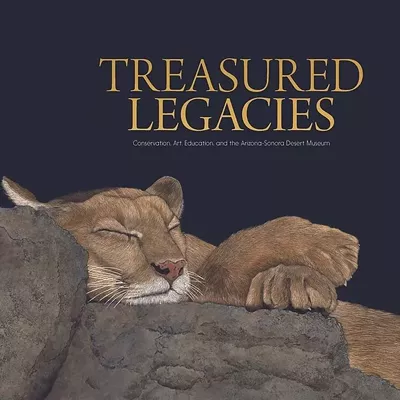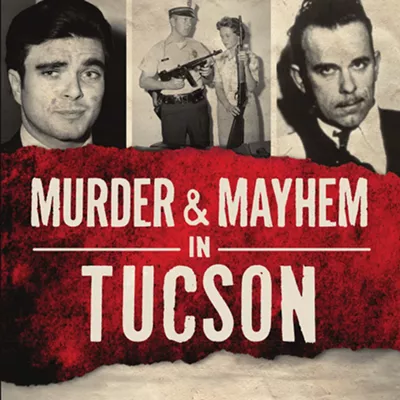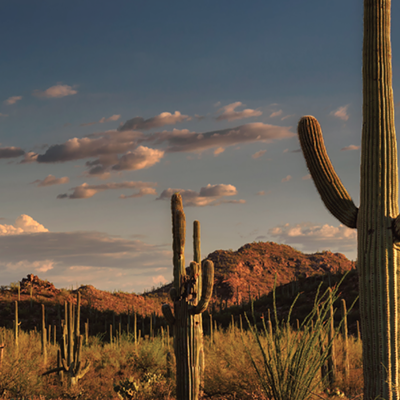It took years of reading poetry before something finally clicked for me. It was the work of Jim Harrison (see his stunning collection The Shape of the Journey) that parted the clouds and helped me to figure out this poetry racket.
Ted Kooser, a friend of Harrison's and America's current poet laureate, puts it best in his amazing little book, The Poetry Home Repair Manual: "Poetry's purpose is to reach other people and to touch their hearts."
Boom. It's that simple.
The past 25 years have not been kind to our beloved Southern Arizona. Things that drew people here in the first place--the vast landscape, clean air--have been hammered over and over and over. Yet from within this wreckage rises the poetic voice of Drum Hadley, clear and sweet and sad and funny. And true, so very true.
Hadley's new book, Voice of the Borderlands, is a gentle book full of grace, quiet humor, love and "cowboy zen," if you will. In some ways, it is a glorious requiem for a way of life rapidly fading into oblivion. It is also a rich celebration of life.
This is not cowboy poetry, though it is poetry with a herd of cowboys riding through it. Cowboy poetry has a certain level of innate hokeyness to it. Don't get me wrong--I love the stuff. But it's about mythology and stereotypes and white hats vs. black hats, that sort of thing. Voice of the Borderlands is an entirely different animal.
Hadley paints lyrical pictures of life as it was, and amazingly still is, in the remote corners of Southeastern Arizona. The poet is the medium, and through him move the words and lives of real people, their joys, their hurts, their loves and their faults. He doesn't shy away from the loneliness of loss, either: the loss of friends, lovers, partners and a way of life. You see, this is the real life of the cowboys, not some dreary, overwrought, cheesy dime-store crap.
There are in this book the sounds of dancing border music and crackling campfires and whispering desert winds. Hadley even makes a whorehouse in Agua Prieta sound romantic. There is the dry hell of a desert summer, the liquid life of the monsoon and the scent of creosote when the two collide in the fury of a flash flood.
Some of these poems will make you smile in spite of yourself. There are the little jokes and sly humor of people who make their living on the land. One poem begins, "Goddamn I'm gonna tell you a bulldozer poem," an ode to a piece of construction equipment, which I suspect is a literary first. Another: "I'll sing you a song about the goddamn crickets." And the poem "The Law--Goin' to Jail," says more about government stupidity than anything else I've read.
There is ugliness here, too. A "vaquero" shocked into submission with a cattle prod by a "federale." A mule stung to death by bees because of an error in judgment. Stories of men killed and maimed by unruly stock. The potential for a lingering death--how life can be altered or end in a split second. Hey, for a cowboy, it's all part of the job
Hadley has spent four decades of his life wandering around the Mexico-Arizona-New Mexico borderlands. He's been a cowboy and rancher, and founded the Animas Foundation, which focuses on sustainable, environmentally sensitive agriculture. He also helped create the Malpai Borderlands Group, a community-based ecosystem management project that works to create solutions to the problem of making a living without destroying the place you live in.
Hadley has chronicled a life perching on the edge of eternity, now vanishing with each pass of the bulldozer, disappearing under each new land development, and being consumed by the very Wal-Mart-ization of our land, our jobs and our culture. This is poetry born from a life of watching and learning, and it makes a strong case for the basic goodness of the world in the face of human-created insanity. In the work of this man, Southeastern Arizona has found its own poet laureate, and for this, we are deeply fortunate.







